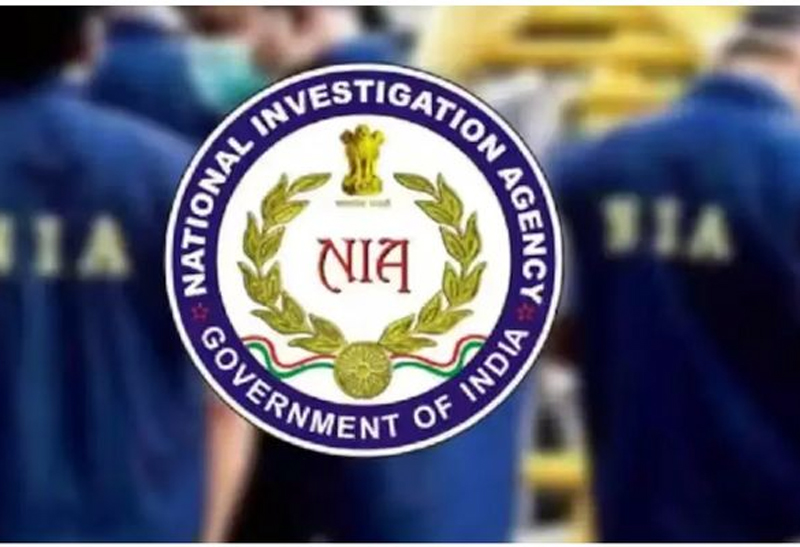| NIA Court frames charges against JeI operatives, trust | | Fund-Raising Case | |  Early Times Report Early Times Report
Jammu, Aug 5: Special Judge NIA J&K Sandeep Gandotra framed charges against three individuals and one trust for allegedly raising and utilising funds to further the activities of the proscribed organisation Jamaat-e-Islami, Jammu and Kashmir (JeI, J&K), in violation of the Unlawful Activities (Prevention) Act (UAPA), 1967.
The accused persons include Amir Mohammad Shamsi, son of Noor Mohammad, resident of Rehtal village, Rajouri; Abdul Hamid Ganai alias Abdul Hamid Fayaz, son of Mohammad Yasin Ganai, resident of Nadigam, Shopian; and Mushtaq Ahmad Mir alias Mushtaq Ahmad Zargar, son of Ghulam Rasool Mir, resident of Thanamang, Darhal, Rajouri, presently residing in Pakistan. The fourth accused is Al-Huda Educational Trust, a Rajouri-based organisation allegedly used as a financial front for JeI.
The charges were framed by Special Judge Sandeep Gandotra in case RC-07/2022/NIA/JMU, after finding prima facie material under Sections 120-B of the Indian Penal Code and Sections 10, 13, 20, 22-C, 38, and 39 of the UAPA. The prosecution was led by Special Public Prosecutor K. S. Pathania.
As per the NIA, Amir Mohammad Shamsi, who previously served as Amir-e-Jila of JeI in Rajouri, conspired with Abdul Hamid Ganai, then Amir-e-Jamaat of JeI, J&K, to collect funds through Al-Huda Educational Trust even after JeI was declared an unlawful association in February 2019. Witness statements and financial documents reveal that Shamsi received Rs 1.80 lakh from Mushtaq Ahmad Mir, a Pakistan-based terrorist affiliated with Hizbul Mujahideen (HM), and disbursed Rs 1 lakh to Ganai for furtherance of separatist activities.
The court noted that while disclosure statements recorded before Executive Magistrates were inadmissible, independent evidence—including statements of trustees and local donors under Section 164 CrPC—substantiated the prosecution’s case.
Advocates Syed Aqib and Adil Pandit strongly opposed the charges, arguing that no substantive material had been recovered and that confessions lacked evidentiary value under the Indian Evidence Act. However, the court held that the cumulative evidence, including trust deeds, financial transfers, and corroborative witness testimonies, justified the framing of charges.
Proceedings under Section 512 CrPC have been initiated against Mushtaq Ahmad Mir, who is absconding and believed to be operating from Pakistan. (JNF) |
|
